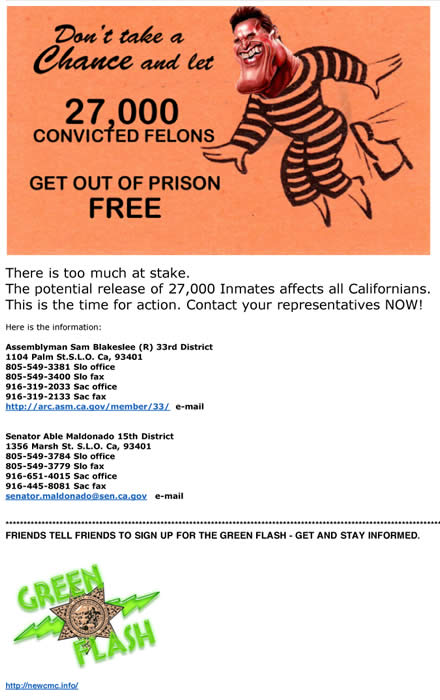An Orange County Register editorialCalifornia Attorney General Jerry Brown's office was expected today to authorize signature collection for a 2010 ballot measure that would make it illegal for public employee unions to automatically deduct money from members' paychecks and use that money for political campaigns. A similar "paycheck protection" initiative was placed on the ballot in 2005 by Gov. Arnold Schwarzenegger but failed along with the governor's other reform measures. This time around, the political climate is much different, and paycheck protection could pass. We hope it does.Backers of the initiative, including the Lincoln Club of Orange County, Tea Party activists and a number of private citizens, filed the request to qualify the initiative for the 2010 ballot. It would amend the California constitution to (a) outlaw automatic deductions from public employees for political activities and (b) disallowlabor unions and other entities that receive such monies from using them to influence politics.Simply, the initiative would prevent public employee unions from using union dues for political purposes without members' consent. Unions would have to collect voluntary political contributions instead of involuntary, automatic deductions. To qualify for the ballot, the coalition will need to collect 694,354 valid voters' signatures.Unlike the 2005 campaign, Gov. Schwarzenegger is not leading the charge, rather a coalition of citizens, business leaders and politicians are fighting to, as they term it, "unplug the political machine." They are doing so at a time when the California economy is in disarray, and many people place some of the blame on special interests and their demands for government spending, like the public employee unions.The message, too, is different from the 2005 campaign. Then the focus was on employee permission to make donations to union-supported political causes. This time the focus will be on the structural issue of taking money directly from government payrolls and putting it into what amounts to political kickbacks to various causes.The coalition's internal polling shows support for the initiative among 63 percent of voters. Also, one of those failed 2005 initiatives eventually did pass – redistricting.Our chief objection with the status quo is how union leadership takes money from members for advocacy that some members do not support. And the sums collected and spent are considerable, buying these unions outsized influence in Sacramento's public policy debates. For example, the California Teachers Union spent more than $54 million in the 2005 campaign, mortgaging their building in San Francisco and raising union dues, just to oppose reforms like paycheck protection and redistricting.In a small point of irony, Attorney General Brown, responsible for authorizing the title and summary for the initiative, as governor in 1977 first authorized public employee unions for California. So, 33 years later, Mr. Brown's name could be on the November 2010 ballot as a gubernatorial candidate – just a few spaces away from an initiative to sharply curb the power of the public employee unions he first enabled.Let's hope the new paycheck protection act gets the signatures it needs to move it forward in 2010.Limiting the power of special interests in Sacramento, especially those that directly feed off tax dollars, is one important way to return the state to legislative and fiscal sanity.
Saturday, December 5, 2009
Editorial: Paycheck protection is back
Subscribe to:
Post Comments (Atom)
Blog Archive
-
▼
2009
(50)
-
▼
December
(9)
- OC Register editorial gives kudos to own reporters...
- MY FINAL THOUGHTS ON THE MEMBERS4CHANGE
- OIG says inmate lawsuits cost Calif. (much more th...
- Another Chapter in our lives
- COLLEGE KIDS AND "OLD SCHOOL" OFFICERS
- Riskier inmates may serve in fire camps
- David R Lopez December 7 at 5:38pm Monday, Decembe...
- Editorial: Paycheck protection is back
- PROBLEMS WITH JESICA LAW
-
▼
December
(9)






























No comments:
Post a Comment